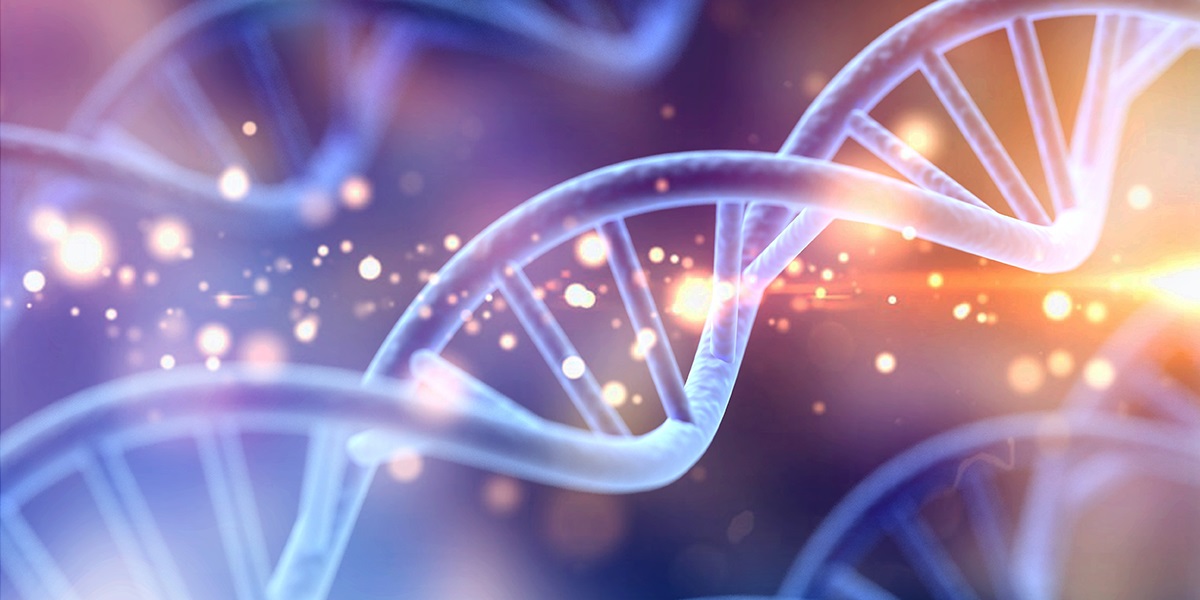Hackensack Meridian Health Neurology and Neurosurgery Experts
 Advancing neurological care through technology, expertise and research
Advancing neurological care through technology, expertise and research
Providing comprehensive care for a wide range of brain, spine, nerve and neurological disorders through advanced surgical and therapeutic techniques, highly developed care models, and translational research.
If you are a patient looking for expert neurological care at Hackensack Meridian Health, please visit our neurology and neurosurgery services page to learn about our specialties, find locations, and schedule appointments.

Delirium and Dementia Screening Protocols Aim to Enhance Patient Outcomes and Experience
Hackensack University Medical Center offers advanced dementia & delirium screening for seniors. Improve elderly patient care; learn more today.

Advanced SPECT-CT Imaging for Precise Back Pain Diagnosis
Advanced SPECT-CT imaging diagnoses back pain precisely. Hackensack University Medical Center neurosurgeons offer improved accuracy for effective treatment. Learn more.

HUMC Neurosurgeons Become First in New Jersey to Use “X-Ray Vision” Technology in Spine Surgery
NJ's leading neurosurgeons use advanced AR technology for precise spine surgery. Experience minimally invasive procedures with improved accuracy and safety at Hackensack University Medical Center. Learn more.

Pioneering New Technology and Treatment Options for Brain Aneurysm Patients
Innovative brain aneurysm treatments at Hackensack University Medical Center. Minimally invasive options for vasospasm & wide-neck aneurysms. Learn more & schedule an appointment.

Researchers Help Identify New Form of Amyotrophic Lateral Sclerosis (ALS)
UMC researchers discovered a new ALS type. Learn about this breakthrough and leading neurological care.

